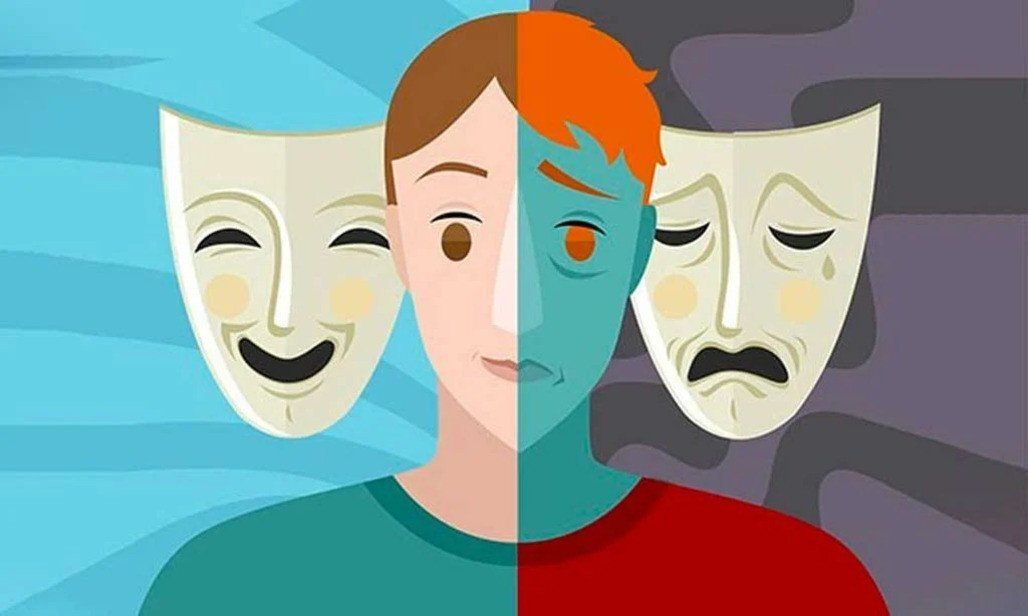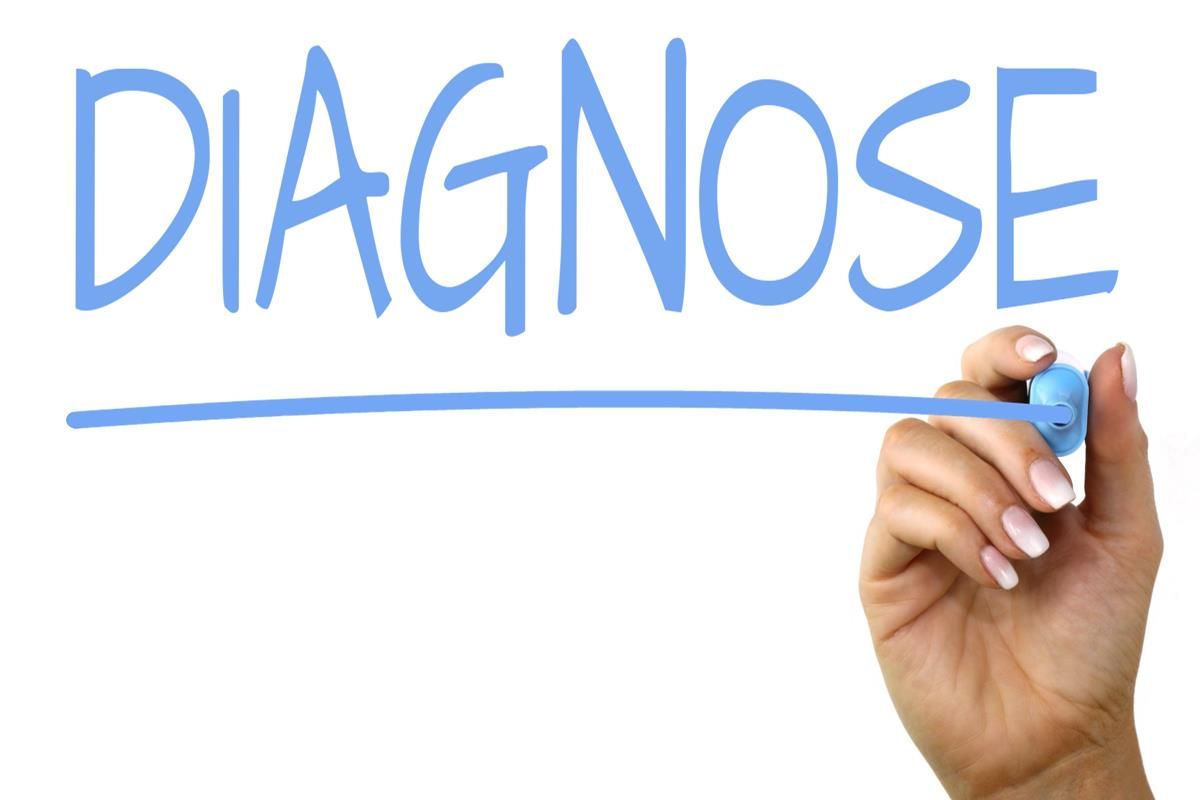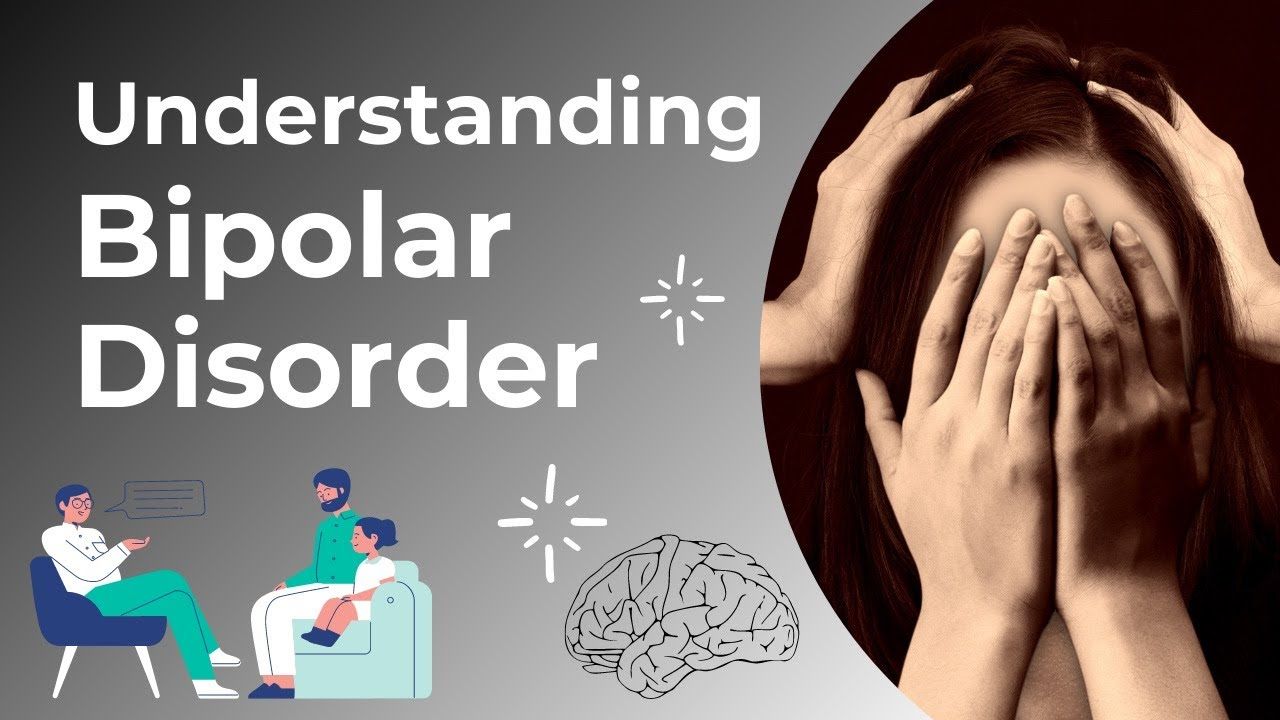Bipolar disorder is a serious mental health condition that causes intense mood swings ranging from emotional highs to extreme lows. These mood shifts can deeply affect energy levels, concentration, relationships, and overall quality of life. Without proper treatment, it can become difficult for a person to manage daily responsibilities or maintain personal and professional connections.
Fortunately, many people living with bipolar disorder can lead stable and fulfilling lives through the right treatment. A wide range of bipolar disorder treatment in Pennsylvania is available to support individuals dealing with this condition. The state offers many facilities that provide specialized care tailored to the unique needs of those managing bipolar disorder.
What Is Bipolar Disorder?

Bipolar disorder is a mental illness characterized by unusual shifts in mood, energy, and activity levels. These shifts are more intense than typical mood changes and can result in periods of extreme excitement or deep depression. People may go from feeling overly happy and energetic to hopeless and sluggish, sometimes very quickly.
There are several types of bipolar disorder, including Bipolar I, Bipolar II, and Cyclothymic Disorder. Each type involves a different pattern of mood episodes. While Bipolar I includes full manic episodes, Bipolar II involves less intense hypomanic episodes combined with major depressive episodes. Cyclothymic Disorder includes milder mood swings that can still be disruptive.
What Are the Common Symptoms of Bipolar Disorder?
During a manic episode, individuals may feel unusually elated, have high energy, talk very fast, and make impulsive decisions. They might also have trouble sleeping and feel overly confident. In contrast, a depressive episode can bring sadness, hopelessness, low energy, and difficulty concentrating.
These symptoms can vary widely from person to person. Some may experience more frequent mood episodes, while others may have long periods of stability between episodes. Identifying these symptoms early can help individuals get the support they need before their condition worsens.
Why Early Diagnosis Is Important

Getting an early diagnosis for bipolar disorder is critical for preventing serious consequences. Many people live for years without understanding why they experience intense emotional highs and lows. This can lead to broken relationships, job loss, or substance abuse as individuals try to cope without support.
Early intervention allows healthcare providers to create a personalized treatment plan that can help reduce the frequency and severity of mood swings. It also provides patients with education about their condition, helping them understand what to expect and how to manage their symptoms.
How Is Bipolar Disorder Diagnosed?
Diagnosing bipolar disorder usually involves a combination of physical exams, psychiatric assessments, and discussions about medical and family history. Mental health professionals may use standardized questionnaires and diagnostic tools to evaluate symptoms and determine the type of bipolar disorder.
The diagnosis process may take some time, as doctors need to observe patterns of mood changes. Sometimes, what initially seems like depression could later be identified as part of bipolar disorder once a manic or hypomanic episode occurs. Patience and honest communication with healthcare providers are important during this stage.
What Does Effective Treatment Involve?

Effective treatment for bipolar disorder typically includes a combination of medication, therapy, and lifestyle adjustments. Each person's treatment plan may differ based on their symptoms, medical history, and response to specific therapies. Consistency is key, and ongoing support plays a major role in long-term success.
Mood stabilizers are commonly used to control extreme highs and lows. Antidepressants may also be prescribed during depressive episodes, often alongside mood stabilizers to avoid triggering mania. Regular check-ins with a psychiatrist ensure that medications are adjusted as needed.
What Types of Therapy Are Used?
Talk therapy is a vital part of bipolar disorder treatment. Cognitive behavioral therapy (CBT) is often used to help individuals recognize and change harmful thought patterns. CBT also teaches coping skills for managing stress, improving communication, and avoiding mood episode triggers.
Interpersonal and social rhythm therapy (IPSRT) is another approach used to help people maintain regular routines and build healthy relationships. This therapy focuses on stabilizing daily habits such as sleeping, eating, and working, which can significantly influence mood regulation in bipolar disorder.
Why Choose a Bipolar Disorder Treatment Center?

Treatment centers provide a structured environment where individuals can focus on recovery without the distractions and stresses of everyday life. These centers often offer a team-based approach, with psychiatrists, psychologists, social workers, and nurses working together to support each patient.
Bipolar disorder treatment centers in Pennsylvania provide both inpatient and outpatient services. Inpatient programs are beneficial for individuals going through severe episodes who need 24-hour care. Outpatient programs offer flexibility and allow patients to return home after attending therapy sessions.
What Should You Look for in a Treatment Center?
When choosing a treatment center, it's important to look for licensed and accredited facilities. These centers follow industry standards and use evidence-based practices. Ask about the staff qualifications, available therapies, and whether the center specializes in mood disorders like bipolar disorder.
Also, consider whether the center offers follow-up care and support after the program ends. Long-term success often depends on continued access to therapy, medication management, and support groups. Facilities that include family education and counseling can also help create a stronger support system at home.
Why Pennsylvania Is a Great Place for Treatment
Pennsylvania offers a wide variety of treatment centers that specialize in mental health conditions. These centers are found in both urban and rural areas, giving patients the option to choose the environment that best supports their recovery. From the peaceful settings of the countryside to the convenience of city-based care, options are abundant.
The state is home to several highly regarded hospitals, academic centers, and private clinics that offer specialized services for bipolar disorder. Many of these centers are known for their commitment to individualized care, professional excellence, and community integration.
Are There Specialized Centers in Pennsylvania?

Yes, Pennsylvania has numerous treatment centers focused specifically on bipolar and other mood disorders. These centers use tailored treatment plans that address the unique needs of each patient. Some centers offer dual diagnosis treatment for individuals dealing with both bipolar disorder and substance abuse.
Specialized centers often include advanced services like neuropsychological assessments, medication trials, and experimental therapies for patients who haven’t responded to standard treatment. This level of specialization can be highly beneficial for individuals with complex cases of bipolar disorder.
The Role of Family in Treatment and Recovery
Family involvement can greatly influence the success of bipolar disorder treatment. When loved ones understand the condition and how to respond to mood episodes, it becomes easier to create a supportive home environment. Education and open communication help reduce frustration and misunderstandings.
Many treatment centers in Pennsylvania offer family therapy or support groups to help relatives and caregivers. These programs teach coping skills, boundary-setting, and ways to provide encouragement without enabling harmful behaviors. A strong support system at home can reduce relapse rates and improve quality of life.
How Can Families Offer Support?
Families can help by encouraging treatment, attending therapy sessions, and learning to recognize warning signs of a mood episode. They can also assist in creating daily routines, managing medication schedules, and offering emotional support during difficult times.
It’s important for family members to care for their own mental health as well. Supporting a loved one with bipolar disorder can be emotionally taxing. Joining caregiver support groups or seeking individual therapy helps loved ones stay emotionally balanced and informed.
How Long Does Treatment Last?

Bipolar disorder is a lifelong condition, so treatment is ongoing. The goal is not to eliminate mood episodes completely but to reduce their frequency and intensity. With the right support, many people can go years without a major episode.
The length of time spent in a treatment center depends on the individual’s symptoms, response to treatment, and personal goals. Some may benefit from a few weeks in inpatient care, followed by outpatient therapy. Others may need long-term therapy and medication management to maintain stability.
What Happens After Leaving a Treatment Center?
Aftercare is essential for continued success. Many centers offer follow-up appointments, medication reviews, and relapse prevention strategies. Patients are encouraged to continue therapy, join support groups, and maintain regular contact with mental health professionals.
Lifestyle changes also play a key role after treatment. Regular sleep, healthy eating, exercise, and stress reduction techniques can support emotional balance. Just as with drug addiction treatment in Pennsylvania, tracking moods and staying aware of early warning signs helps patients respond quickly before an episode worsens.
Benefits of Seeking Treatment in Pennsylvania

Choosing to seek bipolar disorder treatment in Pennsylvania offers several advantages. The state has a large network of mental health professionals with experience in treating mood disorders. From initial diagnosis to long-term care, these professionals are trained to guide patients through each stage of their journey.
Pennsylvania also emphasizes community-based services, which help patients transition smoothly from treatment centers to everyday life. Support networks, job training programs, and housing assistance are available to help individuals build independent, stable lives after treatment.
Are Holistic and Alternative Treatments Available?
Many treatment centers in Pennsylvania now include holistic services alongside traditional therapy. These may include yoga, meditation, art therapy, music therapy, and mindfulness training. Such activities help individuals connect with their emotions, reduce stress, and improve self-awareness.
While not replacements for medication or therapy, holistic treatments can enhance the recovery process. They promote relaxation, emotional expression, and mental clarity, all of which support long-term wellness in people living with bipolar disorder.
What About Insurance and Accessibility?
Cost can be a concern, but many treatment centers in Pennsylvania accept health insurance, Medicaid, and Medicare. Some centers offer sliding scale fees or financial assistance to ensure that individuals can access the care they need.
Before choosing a center, contact their admissions team to discuss payment options and insurance coverage. You can also talk to your insurance provider to get a list of in-network centers that specialize in bipolar disorder treatment. Making these inquiries ahead of time helps reduce financial stress later.
Can You Start Treatment Immediately?

Some centers have waiting lists, while others accept patients quickly based on urgency. If you or someone you love is in crisis, immediate help is available through emergency services or crisis response teams. Many hospitals in Pennsylvania offer urgent psychiatric evaluations and can begin treatment right away.
For non-emergency situations, schedule a consultation to begin the assessment and intake process. Starting the journey with an open mind and a willingness to explore different treatment options increases the chances of finding a program that fits your needs.
Conclusion
Living with bipolar disorder can feel overwhelming, but effective treatment is within reach. Pennsylvania offers a variety of mental health resources designed to support individuals through every stage of their journey. Whether you need inpatient care, outpatient therapy, or long-term medication management, the state’s treatment centers can provide the help you need.
If you or a loved one is struggling with bipolar disorder, don't wait to seek support. With the right treatment plan and a strong support network, it is possible to live a stable, productive, and fulfilling life.